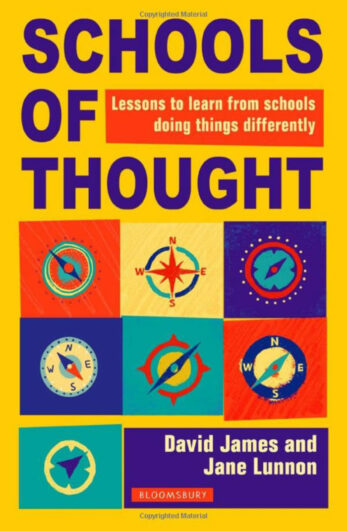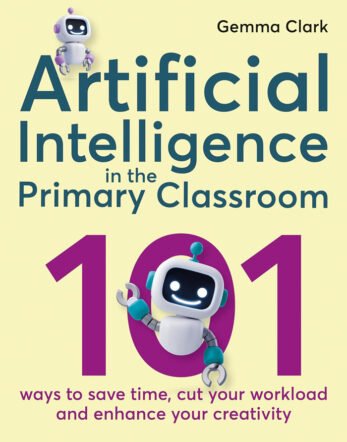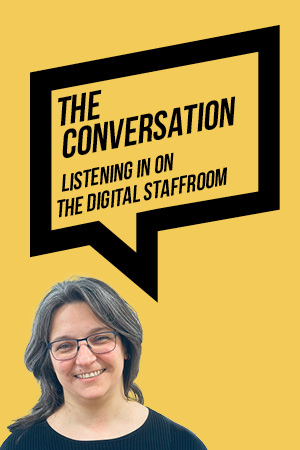What did memory evolve to do?
“Human memory research has largely ignored our evolutionary history”, Jonathan Firth writes before he seeks to make amends. He describes how considering objects when mentally preparing for a bank robbery, a zombie apocalypse, or a grasslands scenario has different effects on memory — and considers theoretical explanations why objects are more memorable in a grasslands scene. He goes on to offer evolutionary explanations for some of the most robust research findings on memory: the spacing effect, for example, makes sense if we consider that a one-off problem isn’t worth remembering, but “if something happens periodically with time gaps in between — a type of food that grows seasonally, migrating predators or occasional floods, for example” — it’s well worth remembering the details. “Clearly”, Firth concludes, “we can’t deliver entire school courses via a grasslands scenario”, but it’s worth understanding memory better.
From Dinner with Simon Schama and tea with Michael Gove to designing independent enquiries with year 9
As her starting point Paula Lobo takes an event at which Simon Schama lamented that “pupils often arrive at universities woefully unprepared for independent study — mainly because exam demands leave little room for independent learning”. Lobo explains the year 9 enquiry she designed to make amends for this and the results. What makes this post particularly worthwhile is her discussion of the mistakes she made and the refinements they led to: the difficulties of designing independent and rigorous study comes alive as she sets out exactly what happened when she “let students have a ‘free rein’ on their selection of which topic to research, and then sent them, with a big smile on my face and an open sweep of my hand as if to say ‘Go! Be free! For all this is yours! Discover the delights instore!’, into the school library.” Alongside helpful advice for any teacher seeking to balance structure and independence, this post is a model for writing about teaching from which other teachers can learn.
The Power of Habit in schools
“I recommend The Power of Habit by Charles Duhigg,” Steve Adcock begins. “It’s a sharp, helpful book which shines a light on the role that habits play in our lives.” Duhigg cites evidence that 40 per cent of our actions each day are habits rather than decisions and talks about cultures as communities of habit. He argues: “We talk a lot about school policies and systems which are usually public — but not so much about habits and routines — which are usually hidden.” With this in mind, he takes on Duhigg’s idea of “keystone habits”, which can shift organisations, and suggests a series of keystone habits he’d look for in a successful school, from regular question-level analysis to “open classroom doors where it’s perfectly normal for teachers and school leaders to wander into their colleagues’ lessons”. A thoughtful take on a thought-provoking book.
Where are the female headteachers?
Bansi Kara looks at women’s promotion to leadership with a particular focus on interruption. She begins by noting the disproportionate promotion of men to school leadership, and the particular advantage in business of being called John: “seventeen men called John (or Jean) and seven women” run FTSE 100 companies. She goes on to discuss a study examining interruptions, which showed that two speakers of the same sex will interrupt roughly equally, but 96 per cent of interruptions in mixed-sex conversations are by men. She suggests that verbal domination acts as another barrier to the desire to be promoted and that women “have to train themselves to deal with interruption so they can be heard”. Kara then makes productive use of the distinction between “askers” and “guessers”: those happy to ask and receive a “no” and those who prefer to guess rather than risk a “no”. “If we want more women in headships,” she argues, “we have to coach and mentor them to be confident askers.” Her point about interruption is the one that has stuck with me since reading her post, but it is one of many interesting and challenging observations.







Your thoughts